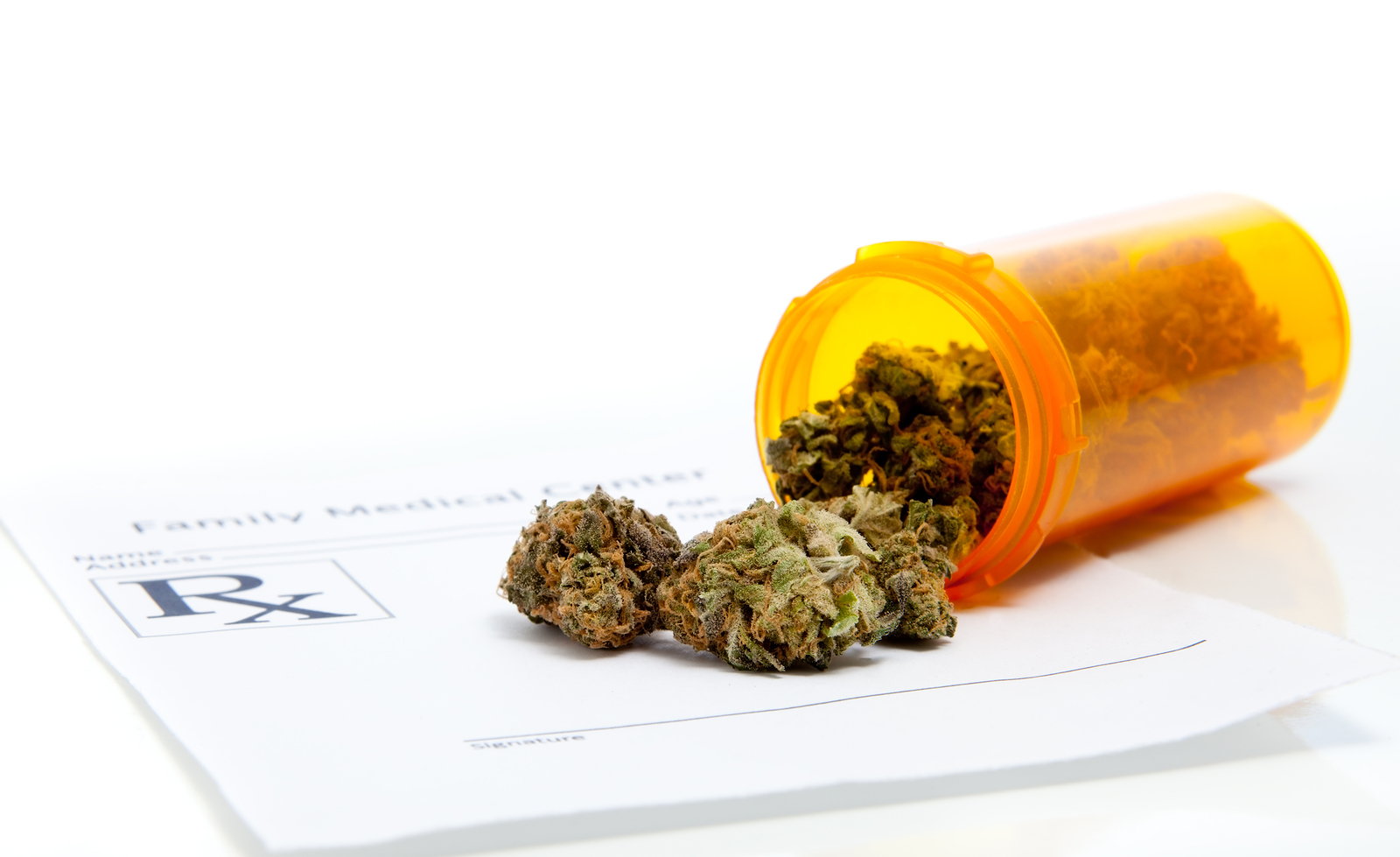Medical marijuana is a controversial topic. In the ceaseless battle of clashing opinions among journalists, police departments, attorneys, medical doctors, social activists, and legislators, it’s all too easy to feel overwhelmed by media sensationalism and hyperbole. Unfortunately, this means the people who stand to benefit most from the use of medical marijuana — individuals who suffer from serious health conditions — are never given the chance to make informed decisions based on fact and evidence.
In truth, numerous studies published in renowned, peer-reviewed medical journals such as Neurology, Rheumatology, Annals of Internal Medicine, the American Journal of Clinical Oncology, and the British Journal of Clinical Pharmacology have all documented significant health benefits associated with the use of medicinal Cannabis across a wide range of ages, races, genders, and health conditions. Do you experience any of the following medical conditions?
- Anxiety
- Cancer/Chemotherapy
- Chronic Pain
- Crohn’s Disease/IBD (Inflammatory Bowel Disease)
- Depression
- Glaucoma
- Hepatitis C
- HIV/AIDS
- Lou Gehrig’s Disease/ALS (Amyotrophic lateral sclerosis)
- Multiple Sclerosis (MS)
- Parkinson’s Disease (including Early-Onset)
- PTSD (Post-Traumatic Stress Disorder)
- Rheumatoid Arthritis
If you’re at least 18 years old and your quality of life is being negatively impacted by one of the above health issues, medical Cannabis may be able to help you simply and safely manage your symptoms. But what are some of the specific advantages of using prescription marijuana? What types of improvements can patients generally expect to see?

Medical Marijuana and Pain Relief
No matter which part, organ, or system of the body is affected, many medical conditions cause noticeable discomfort and/or pain. Chronic pain can have debilitating effects on your physical abilities, your hobbies and leisure activities, your job opportunities, your general mood and emotional state, and even your mobility. Some common causes of chronic pain in the United States include:
- Arthritis
- Back Pain
- Chronic Migraines
- Nerve Damage (Neuropathy)
While traditional painkiller drugs such as morphine and oxycodone can be effective, they are also associated with a high risk of addiction and dependence, and can be dangerous or even fatal when administered in improper amounts. Cannabis offers similar palliative benefits, with less significant risk of substance abuse and consequent health issues.
The scientific basis for marijuana’s painkilling ability lies in the way the active ingredients, called Cannabinoids, affect the brain. Cannabis contains at least 80 different cannabinoids — notably delta-9-tetrahydrocannabinol, or THC — which activate the body’s Cannabinoid receptors. These receptors are found in brain and throughout most body organs.
THC, Nausea, and Appetite
We are taught from childhood that food powers the human engine. While obesity and the fast food industry have become prominent media topics during recent years, the dangers of under-eating are just as alarming. Persistent, long-term caloric deficiencies can lead to serious health problems such as decreased bone density, impaired circulatory function, vitamin deficiencies, and even early death caused by heart failure.
Some patients experience chronic nausea or loss of appetite related to chemotherapy treatments, while others are impacted by conditions such as anorexia, depression, HIV/AIDS, or Crohn’s Disease. If you struggle to maintain a healthy appetite due to a medical issue, Cannabis may be able to help you eat and get the nutrition your body needs.
It’s a common joke that marijuana causes “the munchies.” In fact, Cannabis does increase eating and weight gain in underweight individuals. Also, oddly enough, it does not appear to increase weight gain in normal to overweight users.

Treating Anxiety and Mood Disorders with Cannabis
Emotional pain can be just as devastating and dangerous to patients as physical pain. Conditions like anxiety, depression, PTSD, and chronic insomnia can lead to poor mood, lackluster performance at work, strained interpersonal relationships, and even thoughts of self-harm or suicide. Current medications for these emotional disorders work to varying degrees, and have various side effects that may or may not make them helpful to an individual. Medicinal marijuana offers many patients with mood disorders an effective alternative.
Additionally, medical Cannabis can be safely and effectively use in conjunction with most current psychiatric medications. It doesn’t have to be viewed as an “either or” situation. In fact, in many instances the combination of Cannabis with other medications is the most effective treatment route.
If you or one of your loved ones is struggling with the symptoms of a serious health condition, prescription Cannabis may offer lasting relief with few to no negative side effects. Talk to your doctor about whether a prescription may be right for you. Once you’ve received an expert opinion, Inhale MD may be able to help you become a registered patient in Massachusetts. To learn more about your treatment options, call Dr. Tishler at (617) 477-8886 today.
MA specifically qualified conditions:
- Cancer
- Glaucoma
- Acquired immune deficiency syndrome (AIDS) or HIV positive status
- Hepatitis C
- Amyotrophic lateral sclerosis (ALS)
- Crohn’s disease
- Parkinson’s disease
- Multiple sclerosis
And other debilitating conditions as determined in writing by a qualifying patient’s physician, which may include:
- Chronic back pain
- Rheumatoid Arthritis
- Insomnia
- Anorexia
- Anxiety
- Depression
